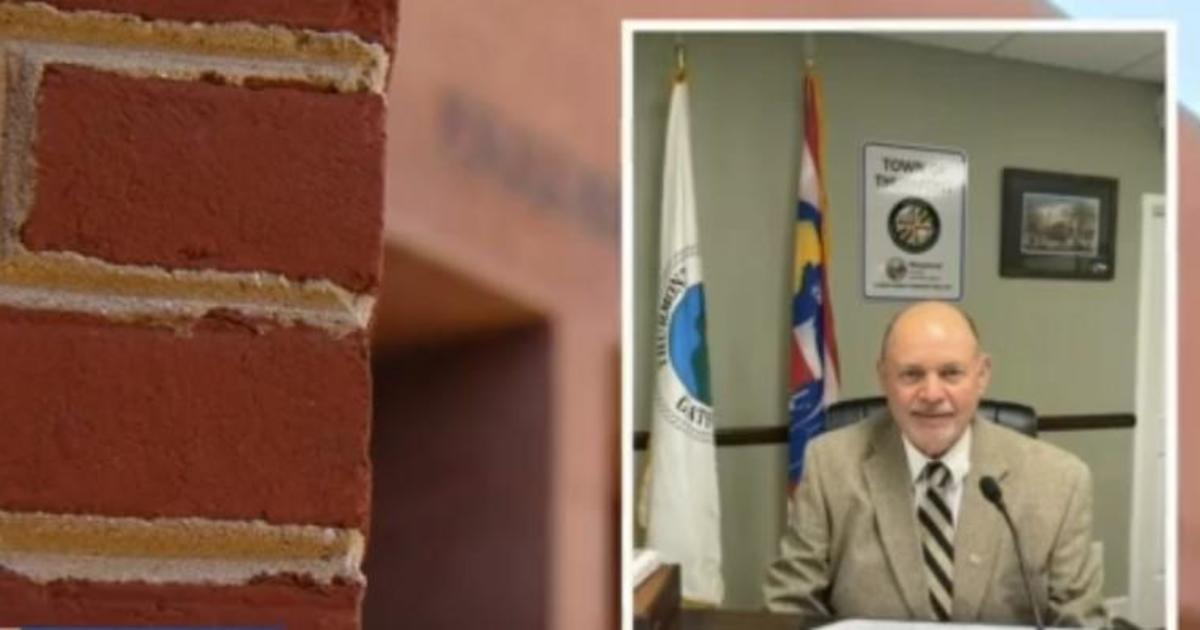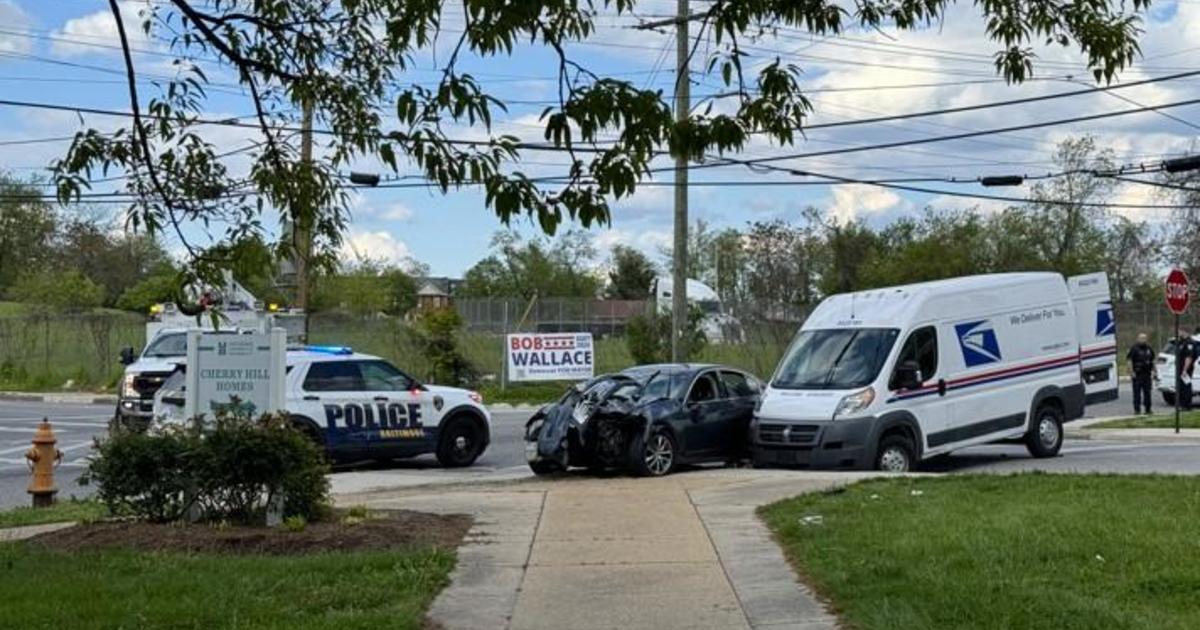Supreme Court Chief Justice Roberts: Maryland Can Resume DNA Collection
WASHINGTON (AP) -- Supreme Court Chief Justice John Roberts is allowing police in Maryland to resume collecting DNA samples from people arrested for serious crimes.
In an order Wednesday, Roberts temporarily blocked a Maryland court ruling that had effectively barred the collection of genetic material from criminal suspects without a warrant. Roberts' order was issued at the state's request in the case of Alonzo King Jr.
King was convicted of a 2003 rape based on DNA evidence taken after his arrest on assault charges in 2009.
The sample matched DNA collected from the victim in the attack.
Roberts said his order will remain in effect at least until King responds to the state's arguments. Roberts set a July 25 deadline for the response.
Maryland Attorney General Doug Gansler, who plans to appeal the Maryland court's ruling to the Supreme Court, said he was encouraged by the chief justice's decision.
"The court's stay may indeed result in identifying perpetrators in some of Maryland's most horrific unsolved cases where DNA was left at the scene of the crime," Gansler said in a statement. "We expect to file our petition for certiorari with the Supreme Court in the next few weeks."
Gov. Martin O'Malley pushed for the law in 2008, when it was approved by the General Assembly.
"Our DNA collection law has enabled law enforcement to connect the dots between individuals convicted or arrested of serious crimes and earlier unsolved cases," said O'Malley's spokeswoman, Raquel Guillory, in an email. "We recognized that this ruling is only temporary, but we are encouraged that the Supreme Court will be taking a close look at the Maryland Court of Appeals decision in this case."
(Copyright 2012 by The Associated Press. All Rights Reserved.)



